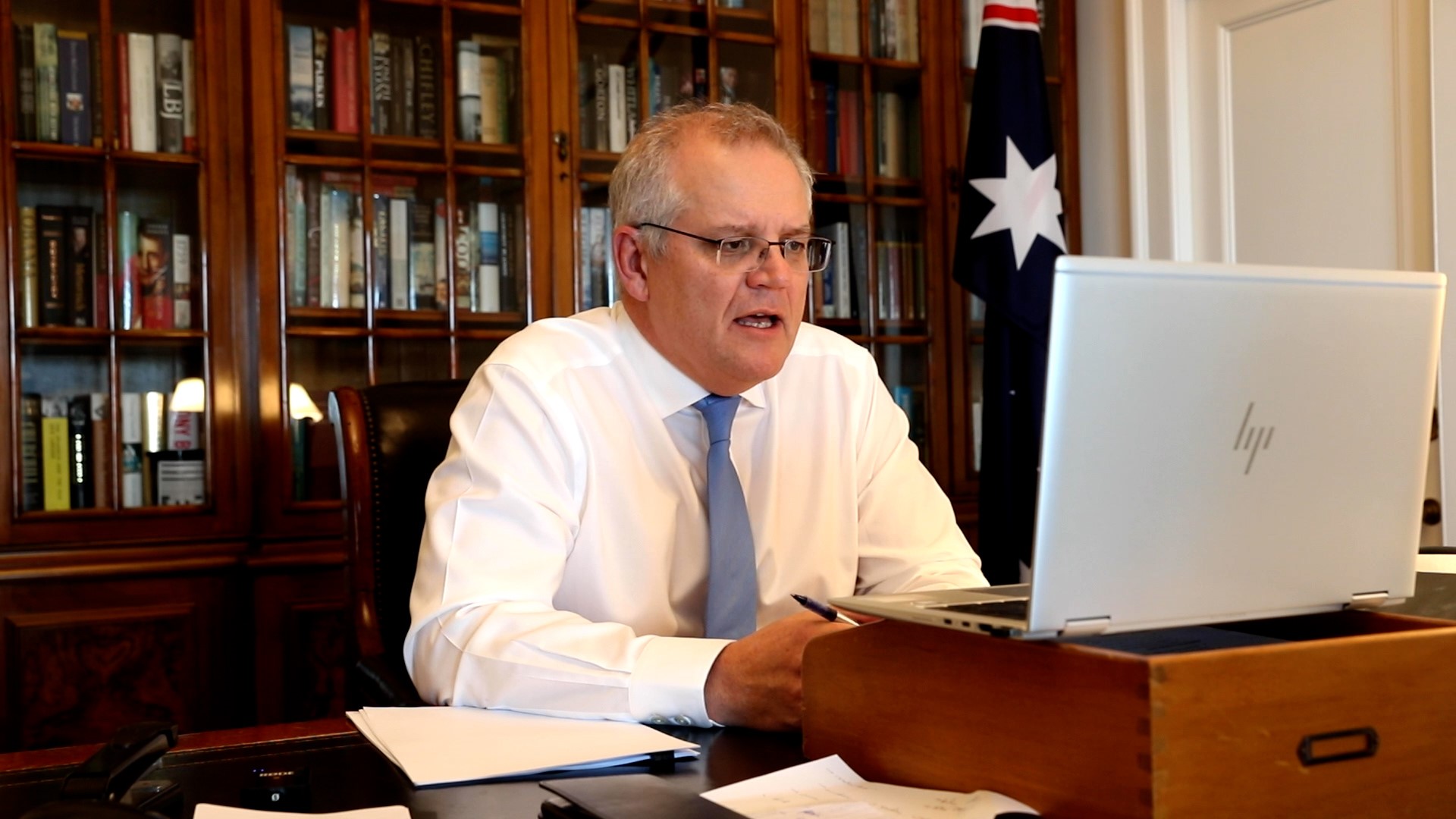Australian Prime Minister recent;ly announced guidelines agreed to by the Australian National Cabinet with members including Prime Minister Scott Morrison, and the Premiers and Chief Ministers of Australian states and territory.
National Cabinet noted that COVID-19 tests are free and available at state testing clinics for people who have symptoms or are a close contact.
National Cabinet agreed that up to 10 Rapid Antigen Tests over three months (a maximum of 5 in a month) will be made available free through pharmacies to people holding the following cards:
- Pension Concession Card
- Commonwealth Seniors Health Care Card
- Department of Veterans’ Affairs Gold, White or Orange Card
- Health Care Card
- Low Income Health Card
These free tests will become available in the next two weeks. However, anyone with COVID-19 symptoms and close contacts should attend a state clinic for free testing and not go to a pharmacy to receive a free test. Costs for providing these tests will be shared 50:50 between the Commonwealth and the States and Territories consistent with COVID shared funding agreements.
National Cabinet noted the Commonwealth will provide 10 million RATs to states and territories (a combination of predominantly Point of Care Tests and self tests) to assist with testing and laboratory capacity. National Cabinet agreed to fund these in line with the existing National Partnership Agreement on the COVID-19 Response.
National Cabinet received a briefing from Joe Buffone, Director-General of Emergency Management Australia, on behalf of the National Coordination Mechanism (NCM). Supply chain issues continue to be one of the main disruptors of broad access to RATs. National Cabinet noted that the Commonwealth is working through the NCM to finalise anti-hoarding measures with the Pharmacy Guild of Australia and other major retailers that stock RATs to limit the number of RATs available for sale to each individual.
National Cabinet noted the Commonwealth will prohibit price gouging of and the non-commercial export of RATs, similar to actions taken earlier in the pandemic relating to essential goods such as masks, other PPE and hand sanitiser. As was the case previously, price gouging will be defined as supplying or offering to supply essential goods at a price that is more than 120% of the initial purchase price (a 20% markup) and penalties for not complying with this direction will range up to five years imprisonment or $66,000.
Changes to testing requirements
National Cabinet agreed changes to testing requirements for all states except for Western Australia including:
- Removing the requirement for truck drivers to have rolling seven days tests.
- Testing will not be required before patients present to hospital.
- Confirmation PCR test will not be required after a positive RAT. Individual states and territories will provide further information on how a positive RAT will be recorded. Anyone who tests positive is encouraged to contact their GP for support as required.
- Testing before interstate travel will no longer be required except for Queensland, Tasmania and Western Australia, with Queensland and Tasmania to review these requirements in the coming weeks. State testing clinics will not be able to be used for interstate travel purposes.
- A second post arrival test for international travelers will not be required except for Queensland, who will review this requirement when they reach 90 per cent double vaccination rate.
Workplace Health and Safety
National Cabinet noted the impact on business of current state workplace Health and Safety laws that could imply requiring employees to return a negative RAT test in order to present to work. National Cabinet agreed the Commonwealth Attorney General will convene a meeting of relevant ministers from all jurisdictions to consider workplace health and safety requirements with a view to removing any potential obligation to impose testing requirements in workplaces on employees










Leave a Reply